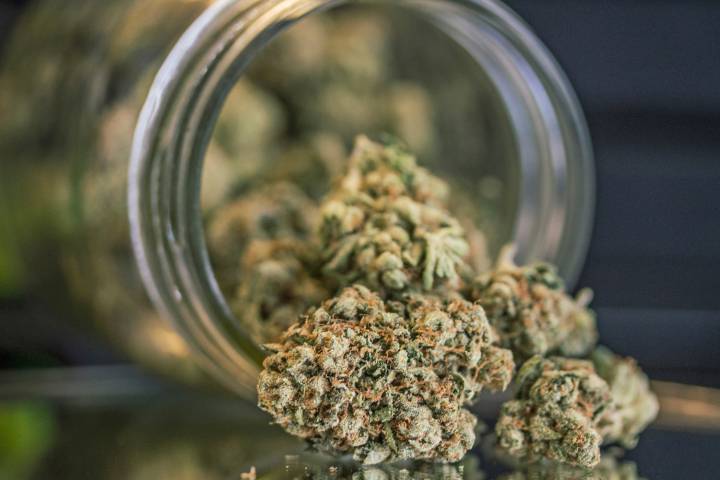Students who try marijuana at an early age and use it often are more likely to have co-occurring problems, poor health outcomes, and less occupational and educational success in young adulthood, a St. Francis Xavier University (St. FX) and University of Victoria study has found.

The study, conducted by St. FX psychology professor Dr. Kara Thompson and Dr. Bonnie Leadbeater of the University of Victoria, followed a cohort of 662 young people over 10 years.
Researchers interviewed the youth — who were between the ages of 12 and 18 when the study began in 2003 — every two years about their substance use, mental health, accomplishments, and general well-being.
The researchers observed how substance-use patterns unfolded over time, and how the patterns were influenced by other factors in adolescence and young adulthood.
“We hear a lot of talk about risks for youth using cannabis, especially with legalization around the corner, but our understanding of patterns of cannabis use among Canadian youth over time and the consequences of use is actually quite limited,” said Dr. Leadbeater in a statement.
“Our hope is that this work sheds light on how young Canadians use cannabis across adolescence and young adulthood, what predicts different patterns of use, and how these patterns contribute to mental health and well-being of young people.”
WATCH: How will marijuana be marketed once it’s legalized?

The two studies found five different patterns of cannabis use. Approximately 30 per cent of the youth were classified as high-risk, meaning they started using cannabis frequently in early adolescence or increased in use across adolescents and were using more than once a week by young adulthood.
“These risky patterns of use were associated with the poorest health outcomes in young adulthood, including higher levels of substance use disorders, mental health and behavior problems, as well as lower levels of educational and employment outcomes,” the study found.
READ MORE: N.S. court strikes down human rights decision over prescription use of medical marijuana
Dr. Thompson said the young people who followed high-risk patterns used both cannabis and other substances during adolescence. They were also experiencing other behavioual problems.
“An effective public health approach to reducing cannabis for youth will need to acknowledge the contexts and co-occurring problems that accompany risky cannabis use in young people,” Dr. Thompson said in a statement.
The findings from the study are hoped to provide government and other public health practitioners a source to inform current and future cannabis policies.
- Invasive strep: ‘Don’t wait’ to seek care, N.S. woman warns on long road to recovery
- Canadian man dies during Texas Ironman event. His widow wants answers as to why
- ‘Super lice’ are becoming more resistant to chemical shampoos. What to use instead
- ‘Sciatica was gone’: hospital performs robot-assisted spinal surgery in Canadian first




Comments